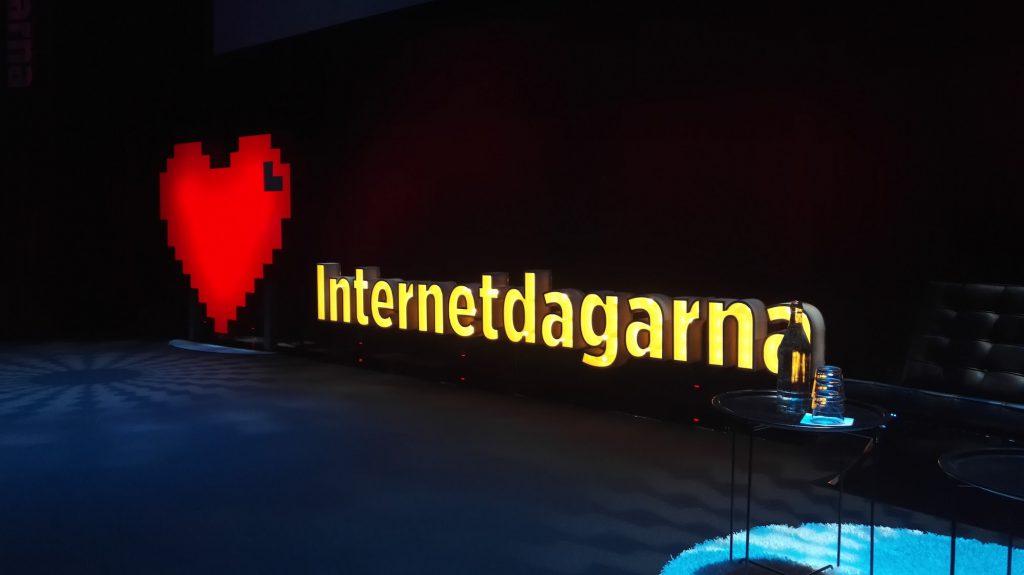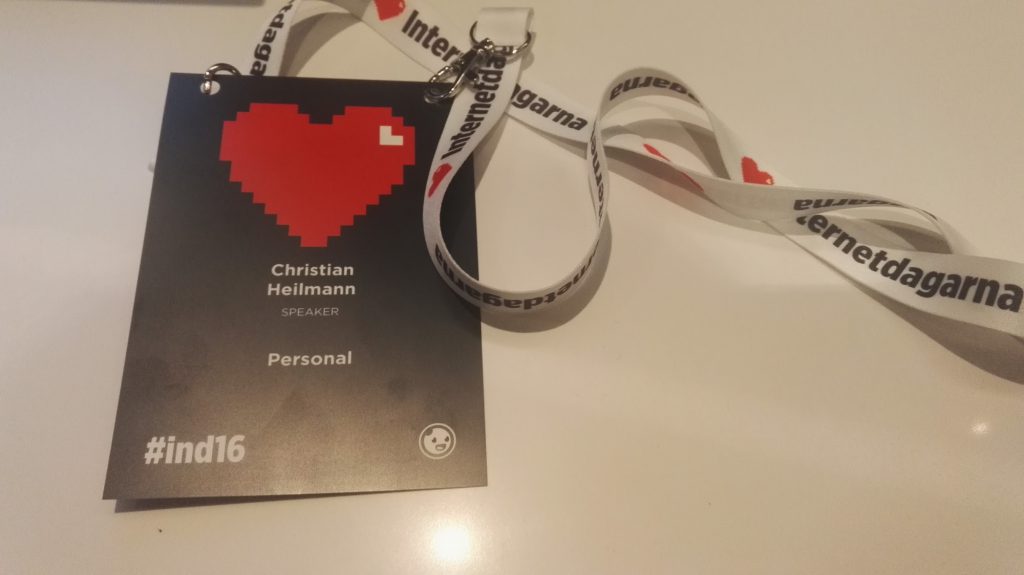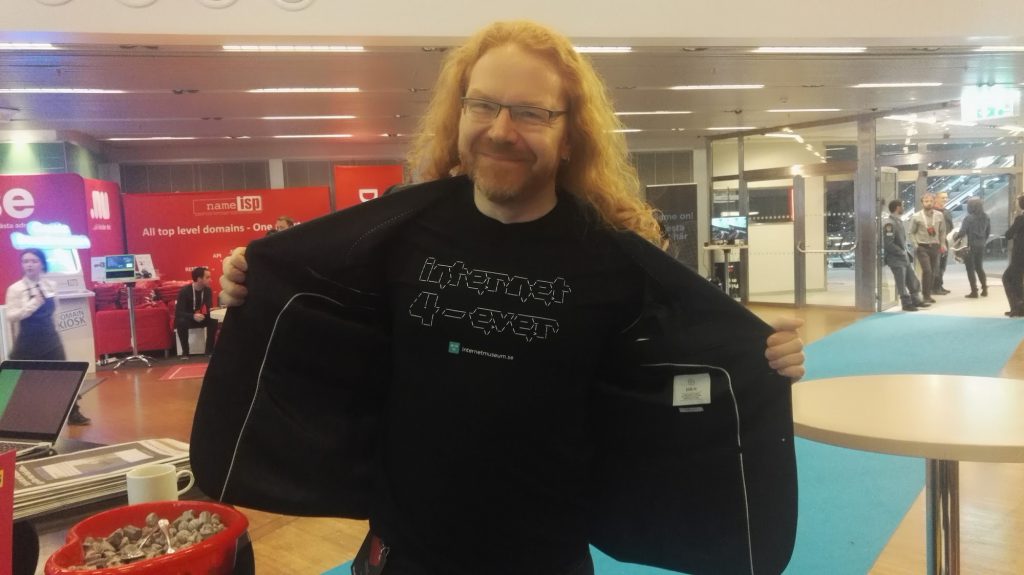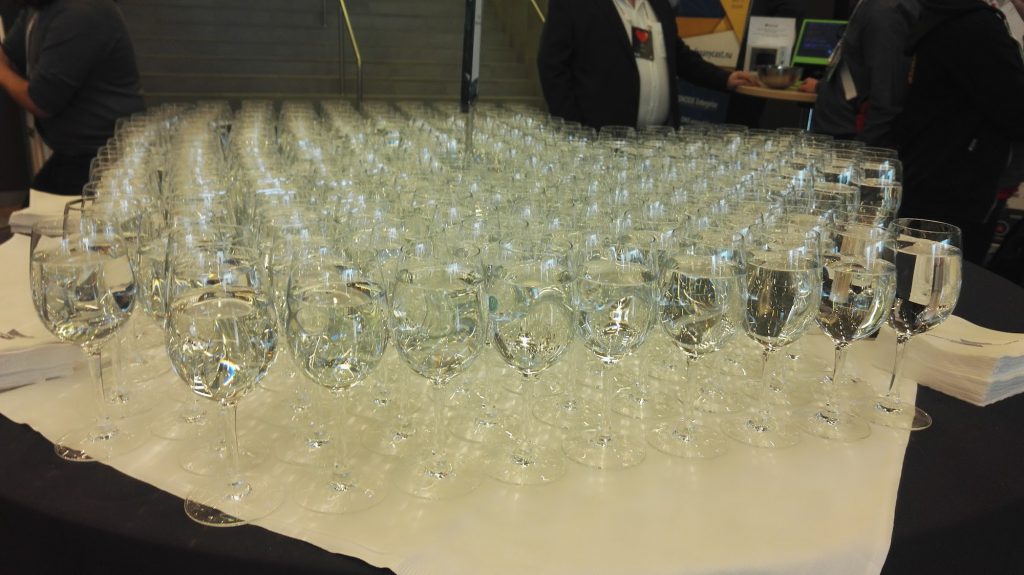Enjoying the silence…
Tuesday, December 27th, 2016It is a strange love I have for the web. Ever since I used the web for the first time it felt like taking a ride with a best friend.
I knew I had to start working on it to never let it down again. Many people who started with the web when I did have the same idea: I feel behind the wheel and I keep wanting to show the people the world in my eyes.
But sometimes I get the feeling that we’re flying high and we’re watching the world pass us by. Every new dress the web wears comes with technical challenges showing the limits of web technology. I don’t think that is broken, it is a pain I am used to. I show people how to work around limits, how stripped down solutions will perform better in the long run, and how walking in my shoes can give them a long lasting career with some great reward.
That said, I don’t think we get the balance right. It happens all the time that things don’t go as perfect as we want them to be. Of course we can tell people that they shouldn’t have done that, and follow a sacred policy of truth about the need for, for example, ubiquituous accessibility. But people are people and in many cases it is not always easy. When the boys in the higher up departments say go and it is a question of time in the project, shortcuts are taken. You stare down the barrel of a gun of delivery and you don’t have time for sweetest perfection. And – even worse – our whole market is constantly asked to innovate and create new things. We who are telling quality stories of old don’t suffer that well.
The landscape is changing all the time and the sinner in me is OK to spread some blasphemous rumours. The bottom line is that in your room you have a lot more insight than in a cut-throat delivery cycle. When products are faulty and become hard to maintain, we shouldn’t tell people “told you so”, that’s wrong.
We should be more flexible and whilst we have and hold the web we love, we should also remember that everything counts in large amounts. So our advice should yield fast and maybe dirty results, as much as the promise of sweetest perfection and a great reward in the future.
Instead of saying it’s no good, let’s say I feel you and try to fix the fragile tension between constant growth, innovation and quality.





